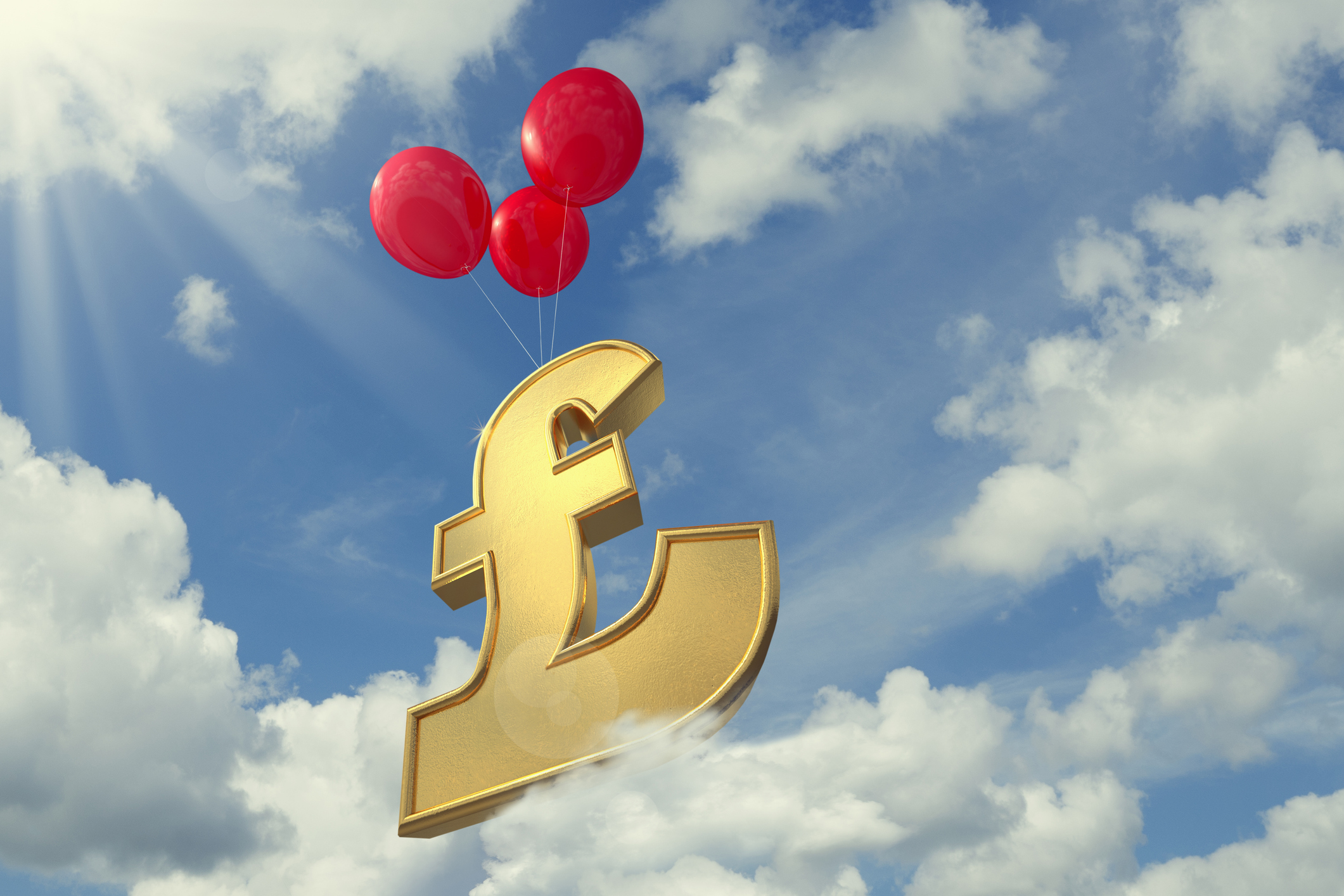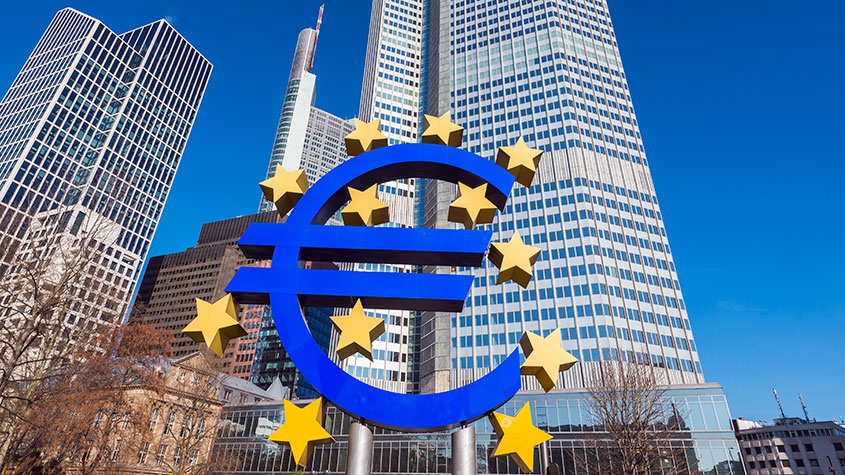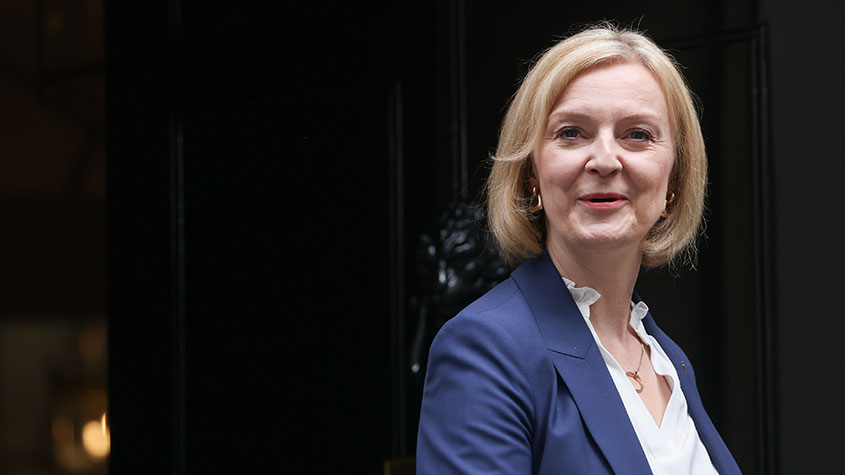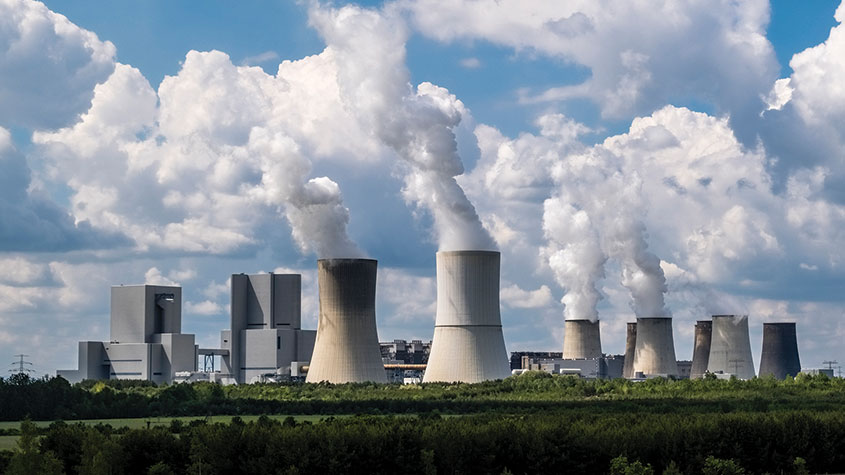Ecuador and the UK: an interesting study in post-Brexit trade relations
Matthew Partridge talks to Ecuador’s trade minister, Pablo Campana – the Andean country provides an interesting case study for how our own government’s thinking on Brexit is developing.

Get the latest financial news, insights and expert analysis from our award-winning MoneyWeek team, to help you understand what really matters when it comes to your finances.
You are now subscribed
Your newsletter sign-up was successful
Want to add more newsletters?

At the moment, the debate over Brexit has focused on how leaving the EU will affect trade between Britain and the rest of Europe. Given that the rest of the EU currently accounts for nearly half our trade, this is clearly a big concern.
However, it's also important to recognise that, even at the moment, the EU isn't our only trading partner. Many countries see Britain's decision to leave the EU as an opportunity to increase their trade with the UK, while others are concerned that existing trade connections may be put in jeopardy.
One person who's very interested in how Britain's trade policy changes after Brexit is Pablo Campana, Ecuador's trade minister. While Ecuador is a relatively small economy (with a total price adjusted GDP of around $104bn) it provides an interesting case study for how the government's thinking is developing.
Try 6 free issues of MoneyWeek today
Get unparalleled financial insight, analysis and expert opinion you can profit from.

Sign up to Money Morning
Don't miss the latest investment and personal finances news, market analysis, plus money-saving tips with our free twice-daily newsletter
Don't miss the latest investment and personal finances news, market analysis, plus money-saving tips with our free twice-daily newsletter
Last month Campana visited the UK, held many "interesting discussions and productive exchanges" and met with several key officials, including the minister of investment, Mark Garnier. He was also kind enough to share some of his thoughts with us on how Brexit may affect trade relations between Ecuador and the UK.
The recent EU-Ecuador trade agreement that came into effect in January of this year "set the right conditions to strengthen trade relations between Ecuador and the EU bloc", says Campana. It did this by granting tariff-free access "for almost all of Ecuador's exports", with the result that "Ecuadorian exports to the EU in the first nine months of this year are 15.8% higher than they were in the first nine months of last year". Indeed, strong and improving trade ties with Europe in recent years have been "a determining factor" behind the "significant growth" of Ecuadorian exports, including processed food".
Because the EU-Ecuador trade deal is so beneficial, Campana naturally hopes that its basic conditions "should be maintained in a future trade agreement with the United Kingdom". Still, there's always room for improvement and Campana hopes that some of the details can be adjusted so as "to improve and further strengthen trade relations" between the UK and Ecuador. He's particularly interested in improving "the access conditions for a few export products, especially for bananas, one of Ecuador's most important export products". From his discussions so far, he thinks that both sides have an "optimistic view" of what can be achieved.
Campana emphasises that low trade barriers between Britain and Ecuador isn't a zero-sum game. This is because easy access to Ecuadorian imports helps lower prices in the UK, reducing inflationary pressure. He notes that, thanks to existing deals, "British consumers are already benefiting from Ecuadorian high quality products at a lower price; including bananas, prepared tuna, shrimp, cocoa products and fresh flowers". Overall, a deal similar to or even better than the status quo, would "allow our companies to continue investing in productivity and quality developments that would benefit the British consumer".
One potential complication is if Ecuador becomes a full member of Mercosur, the main Latin American trade bloc. Like the European Union, Mercosur is a customs union, so in theory Ecuador would have to adopt the same trade policy as the other key members (currently Argentina,Brazil,ParaguayandUruguay), which might cause problems if the UK had not reached a trade deal with the group by the time Ecuador became a full member.
However, Campana emphasises that Ecuador is satisfied with its current status as an associate member and that "at the moment a renegotiation of Ecuador's status is not foreseen". This means that any UK-Ecuador agreement will operate independent of any UK-Mercosur deal.
Get the latest financial news, insights and expert analysis from our award-winning MoneyWeek team, to help you understand what really matters when it comes to your finances.

-
 Student loans debate: should you fund your child through university?
Student loans debate: should you fund your child through university?Graduates are complaining about their levels of student debt so should wealthy parents be helping them avoid student loans?
-
 Review: Pierre & Vacances – affordable luxury in iconic Flaine
Review: Pierre & Vacances – affordable luxury in iconic FlaineSnow-sure and steeped in rich architectural heritage, Flaine is a unique ski resort which offers something for all of the family.
-
 No peace dividend in Trump's Ukraine plan
No peace dividend in Trump's Ukraine planOpinion An end to fighting in Ukraine will hurt defence shares in the short term, but the boom is likely to continue given US isolationism, says Matthew Lynn
-
 Europe’s new single stock market is no panacea
Europe’s new single stock market is no panaceaOpinion It is hard to see how a single European stock exchange will fix anything. Friedrich Merz is trying his hand at a failed strategy, says Matthew Lynn
-
 Britain’s inflation problem
Britain’s inflation problemInflation in the UK appears to be remaining higher for longer when compared with similar rich countries. Why? And when can we expect a return to normal? Simon Wilson reports.
-
 Eurozone inflation hits 10.7% in October
Eurozone inflation hits 10.7% in OctoberNews Inflation across the eurozone hit 10.7% in October. What does it mean for your money?
-
 A forgotten lesson on the dangers of energy price caps
A forgotten lesson on the dangers of energy price capsAnalysis Liz Truss’s proposed energy price cap is an ambitious gamble. But a similar programme in Spain ended up being a fiasco, say Max King and Tom Murley. Here, they explain why Truss’s plan could be doomed to failure.
-
 Don't be scared by economic forecasting
Don't be scared by economic forecastingEditor's letter The Bank of England warned last week the UK will tip into recession this year. But predictions about stockmarkets, earnings or macroeconomic trends can be safely ignored, says Andrew Van Sickle.
-
 The wolf returns to the eurozone’s door
The wolf returns to the eurozone’s doorEditor's letter The eurozone’s intrinsic flaws have been exposed again as investors’ fears about Italy’s ability to pay its debt sends bond yields soaring.
-
 Eurozone economy heads for paralysis
Eurozone economy heads for paralysisNews Record high energy prices, the threat of recession in Germany and squabbling in Italy's government has left the eurozone fighting fires on all fronts.